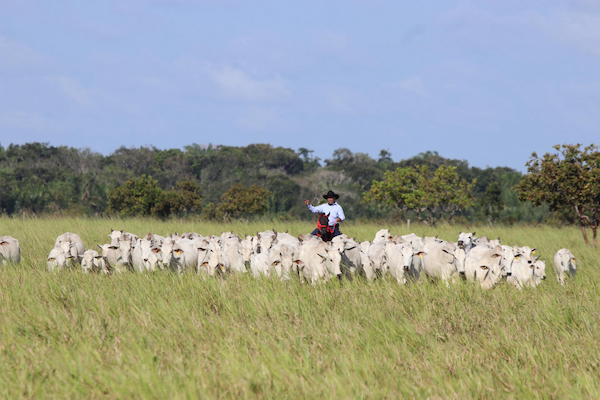
Scientists in Colombia show that well managed pasture can store more soil carbon while reducing nitrous oxide (N2O) emissions to offset the climate impact of livestock.

Scientists in Colombia show that well managed pasture can store more soil carbon while reducing nitrous oxide (N2O) emissions to offset the climate impact of livestock.

Researchers have identified a new reason to protect mangrove forests: they’ve been quietly keeping carbon out of Earth’s atmosphere for the past 5,000 years.
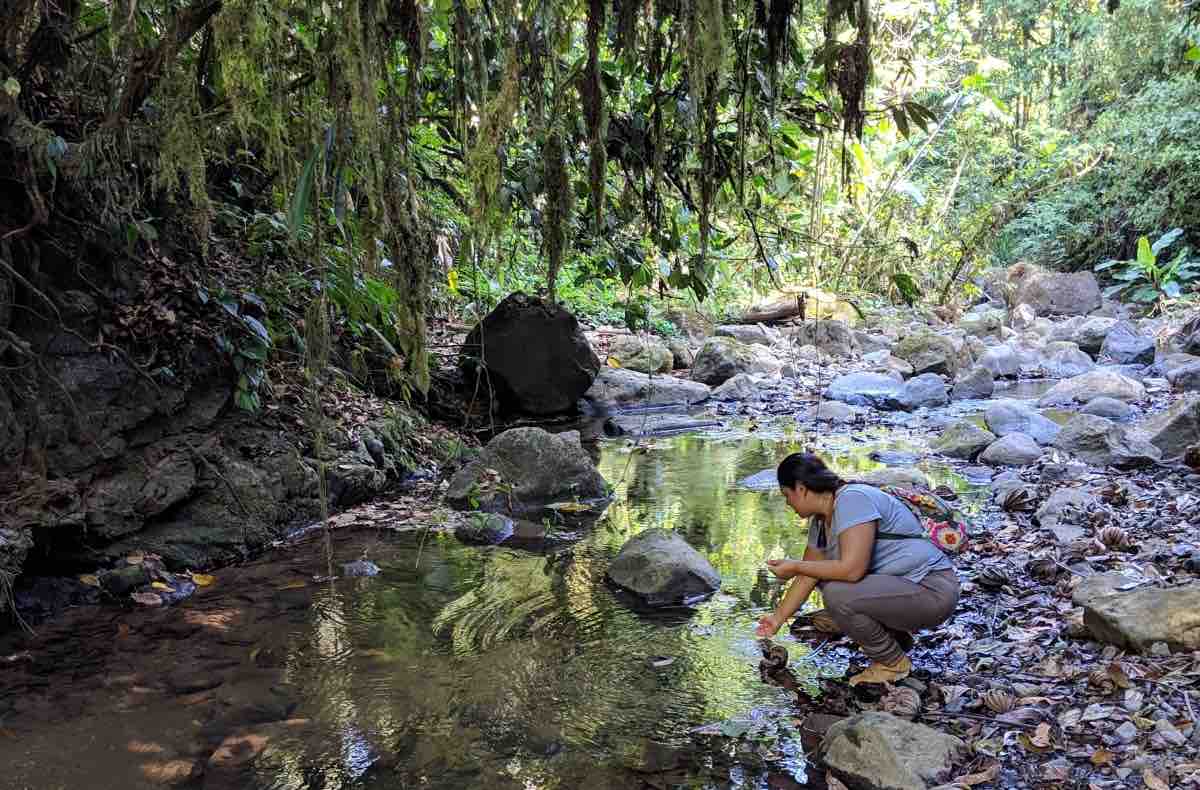
A new study in Costa Rica reveals that restoring relatively narrow strips of riverfront forests could substantially improve regional water quality and carbon storage. The analysis, shows that such buffers tend to be most beneficial in steep, erosion-prone, and intensively fertilized landscapes – a finding that could inform similar efforts in other countries.
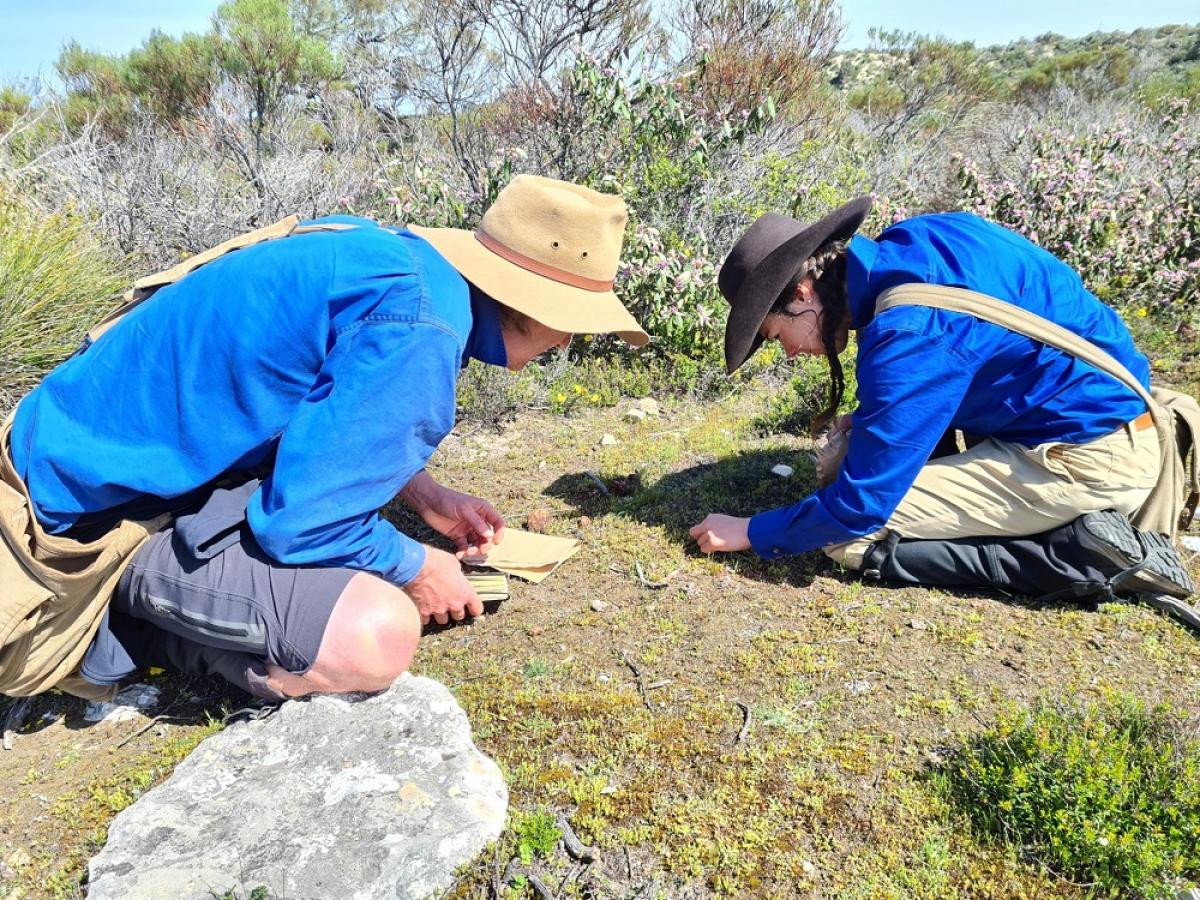
The maximum summer temperature and the amount of rainfall in summer are the two climate factors that determine the type of native grass that grows in a region, Australian researchers have found in a recent study.
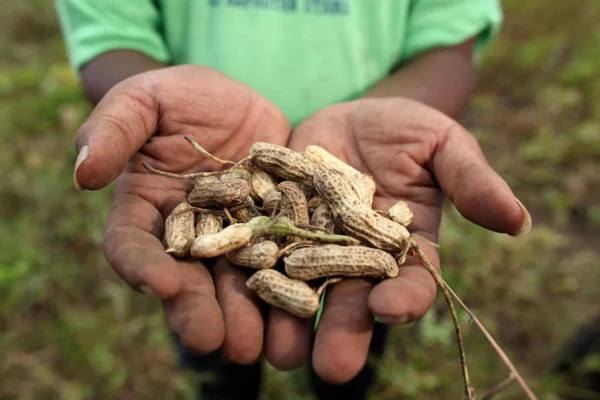
Increased demand for water will be the No. 1 threat to food security in the next 20 years, followed closely by heat waves, droughts, income inequality and political instability, according to a new study which calls for increased collaboration to build a more resilient global food supply.
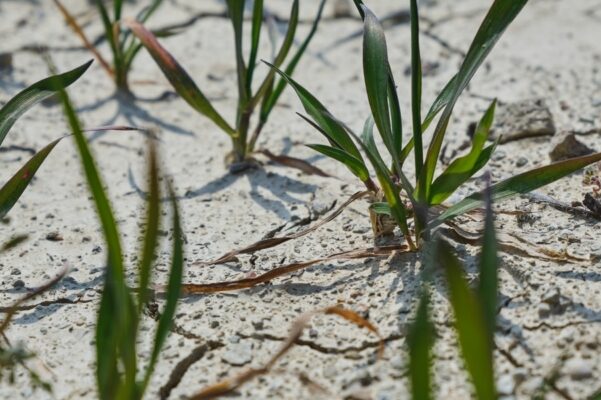
The effects of drought on major crops that are crucial to achieve both food and energy security. A global, more robust vision of this complex issue to advance the existing knowledge and support better informed, science-based decisions in the future, like fine-tuning crop calendars or implementing other measures as alternative cultivars, additional irrigation, and crop migration.

Science reporting on climate change does lead Americans to adopt more accurate beliefs and support government action on the issue – but these gains are fragile, a new study suggests.

The absence of large herbivores after the extinction of the dinosaurs changed the evolution of plants. The 25 million years of large herbivore absence slowed down the evolution of new plant species. Defensive features such as spines regressed and fruit sizes increased.
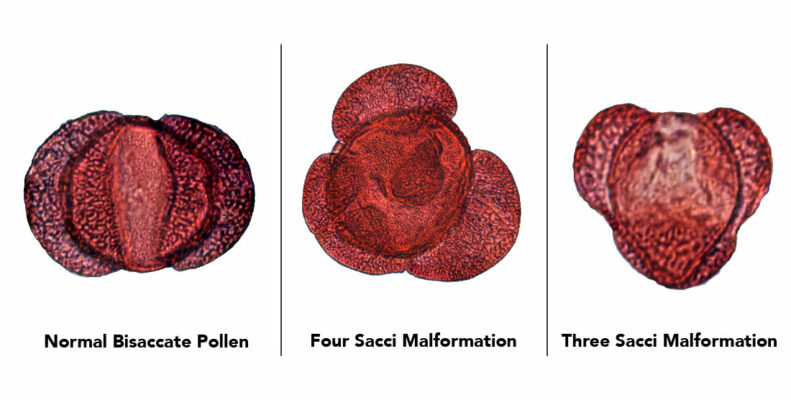
Airborne pollen may induce annoying congestion for some, but a new paper shows that these grains may provide a new way of looking at the climate over 300 million years into the fossil record.
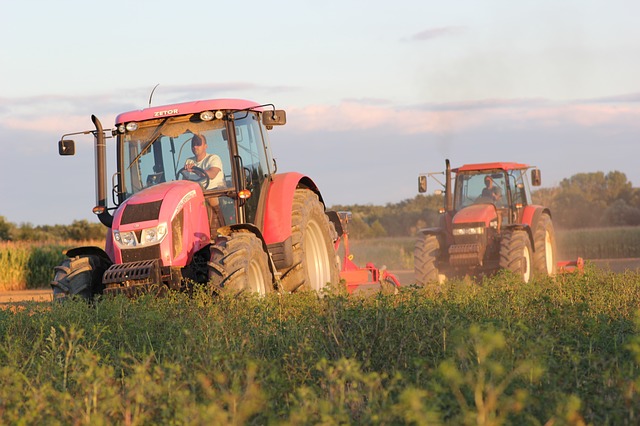
Many countries have set carbon neutrality as a policy goal, but according to a new study by an international team of researchers from Austria, Japan, and the US, there are various risks associated with the reduction of greenhouse gases, especially in the agriculture, forestry, and land use sectors, that need to be considered when formulating mitigation strategies.